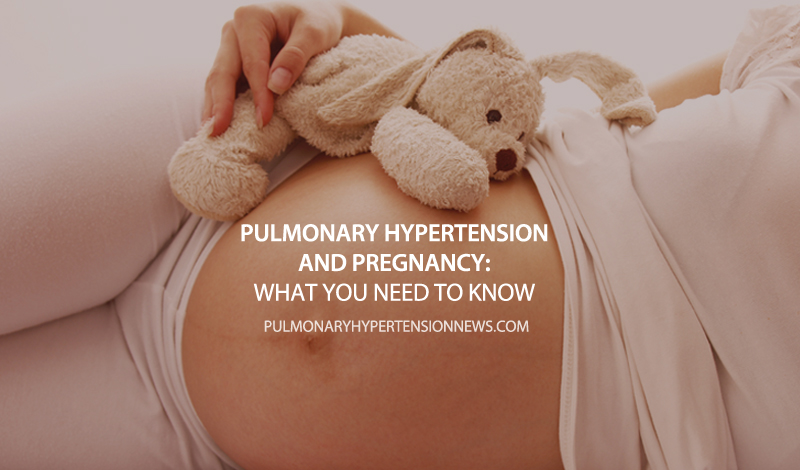Pulmonary Hypertension and Pregnancy: What You Need to Know
Written by |

Pulmonary hypertension (PH) is a rare, life-threatening disease that affects the pulmonary arteries, the lungs, and the heart. Patients who suffer from the disease have narrowed and obstructed pulmonary arteries, which are the vessels responsible for transporting blood from the heart to the lungs. As a result, the heart has to work harder to properly pump blood and becomes overloaded with work, resulting in an enlargement and weakening of the organ. In severe cases, pulmonary hypertension can cause the total blockage of the pulmonary arteries and right heart failure, when the right ventricle loses its capacity to pump blood to the lungs.
During pregnancy, women’s blood volume increases by between 30 and 50 percent compared to its normal amount in order to nourish the baby. This increase in the amount of blood that needs to be pumped from the heart creates increased stress on the organ and circulatory system. Every pregnant woman’s heart — even those who are completely healthy — becomes overloaded with work during the pregnancy and even more so during labor and delivery. In a patient who suffers from pulmonary hypertension and whose heart is already under stress, the risks are particularly high and may result in the death of the mother.
Read more about pulmonary hypertension and pregnancy here: https://bit.ly/1jJM8Ix
Pulmonary Hypertension News is strictly a news and information website about the disease. It does not provide medical advice, diagnosis or treatment. This content is not intended to be a substitute for professional medical advice, diagnosis, or treatment. Always seek the advice of your physician or other qualified health provider with any questions you may have regarding a medical condition. Never disregard professional medical advice or delay in seeking it because of something you have read on this website.



